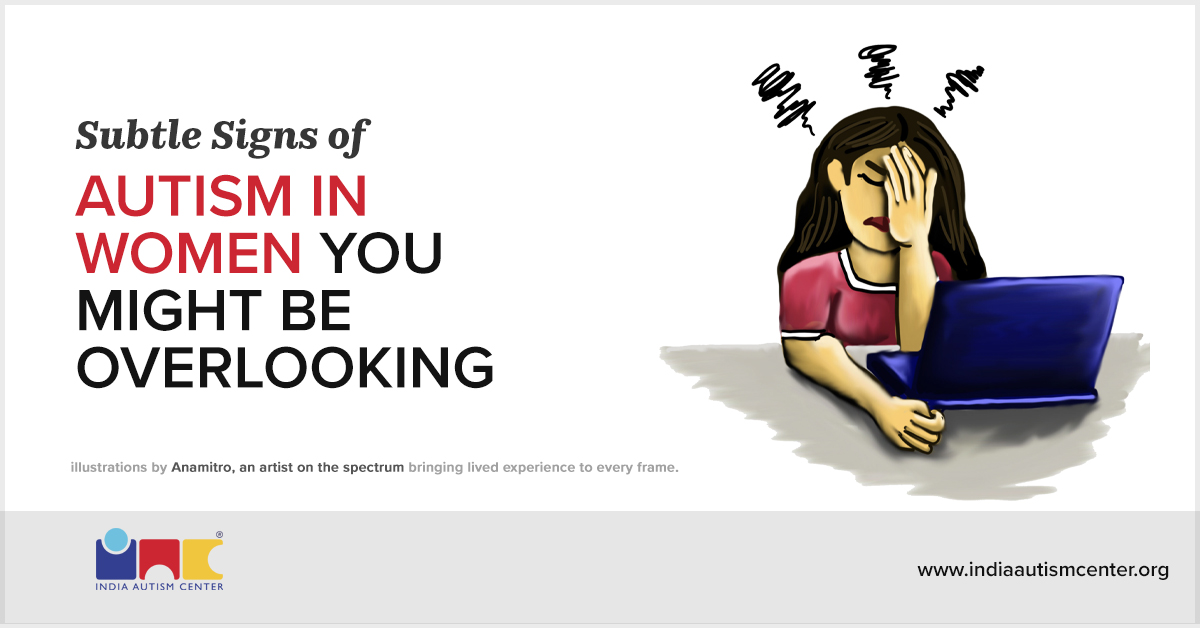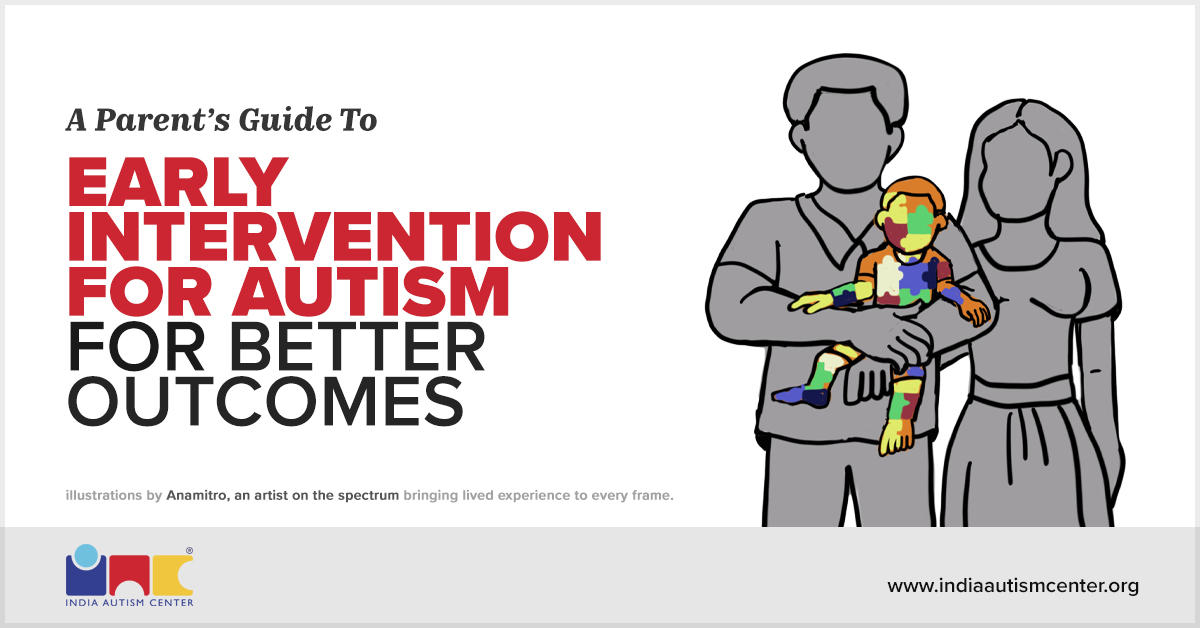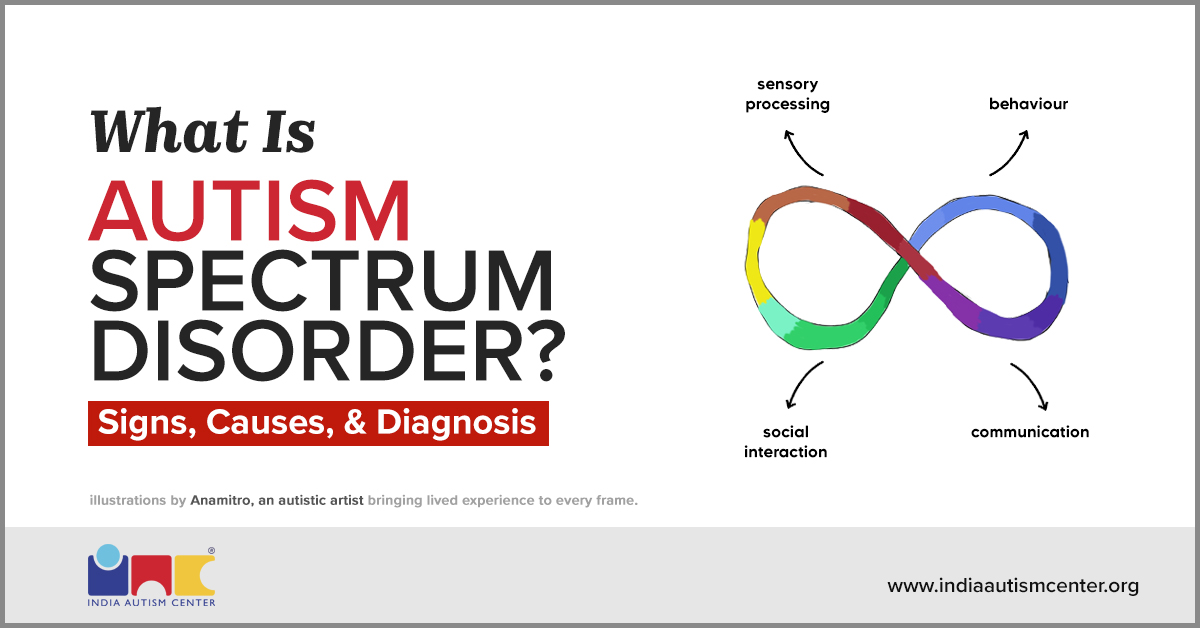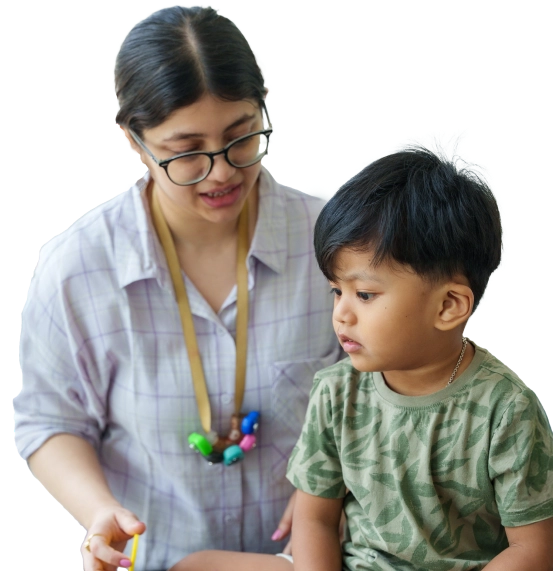In a world where we celebrate diversity and inclusion, the journey of autistic individuals is an integral part of our evolving societal narrative. Autism, a neurodevelopmental condition, has gained significant attention in recent years. However, the question that continues to perplex many is whether autism can be cured. This complex neurodiverse condition requires us to have an in-depth understanding on how autistic individuals approach and experience the crucial and dynamic aspects of life. We ought to understand that despite being a neurodiverse condition, Autism does not impact one’s ability to excel in different walks of life. It is not the cure but the right interventions that can be a game-changer for autistic individuals.
Autism and The World of Autistic Individuals – Overview
Autism, or Autism Spectrum Disorder (ASD), is a neurodevelopmental condition characterised by a range of challenges, including difficulties in social interaction, communication, and repetitive behaviours. It’s important to recognise that autism is not a disease, and autistic individuals are not in need of a “cure.” Instead, they require support, understanding, and tailored interventions to navigate the world in a way that maximises their potential.
Autistic individuals possess unique talents and perspectives that can be incredibly valuable to society. The neurodiversity movement emphasises the importance of accepting and celebrating these differences rather than attempting to “cure” autism. However, interventions can play a crucial role in enhancing the well-being of autistic individuals and helping them thrive in a neurotypical world.
Autism Cure or Intervention – A Comprehensive Outlook
The concept of curing autism is a contentious one. Autism is not a disease that can be eradicated; it is an inherent aspect of an individual’s neurological predisposition. Instead of seeking a cure, the focus should be on interventions that improve the quality of life for autistic individuals.
Interventions can encompass a wide range of strategies, therapies, and support services that address the unique needs of each autistic individual. These interventions aim to enhance communication skills, social interactions, sensory sensitivities, and adaptive behaviours.
How Autism Interventions Can Rehash the Physical, Psychological, and Societal Well-being of Autistic Individuals
Effective early autism interventions can have a profound impact on the physical, psychological, and societal well-being of autistic individuals. Let’s delve into each of these aspects:
Physical Well-being
Autism interventions often include strategies to address sensory sensitivities and motor coordination difficulties. Occupational therapy, for example, can help autistic individuals develop fine and gross motor skills, improving their ability to perform everyday tasks. Additionally, dietary interventions can address sensitivities and allergies that may affect physical health.
Psychological Well-being
Autistic individuals may face anxiety, depression, and other mental health challenges due to social difficulties and sensory overload. Behavioural therapies and counselling can provide strategies for managing these challenges, and improving emotional well-being.
Societal Well-being
Interventions focusing on social skills and communication can significantly enhance the societal well-being of autistic individuals. These skills enable them to build meaningful relationships, navigate social situations, and advocate for their needs effectively. Furthermore, promoting acceptance and inclusion in schools and workplaces fosters a more inclusive society.
Autism Interventions for Equipping Autistic Individuals to Excel in their Academic and Professional Journeys
Autism interventions are not solely about addressing challenges but also about unlocking the immense potential that autistic individuals possess. With the right support, many autistic individuals excel in their academic and professional journeys.
Academic Success
Tailored educational interventions, such as individualised education plans (IEPs) and specialised teaching methods, can help autistic students thrive in school. Additionally, speech and language therapy can improve communication skills, making it easier for autistic individuals to engage in classroom activities.
Professional Excellence
In the workplace, autistic individuals often bring unique skills and perspectives to the table. Some may excel in fields such as mathematics, science, technology, and art. Autism-friendly workplaces that provide accommodations and promote diversity create opportunities for autistic individuals to excel in their careers.
How India Autism Center is Creating a Holistic Ecosystem for Autistic Individuals
In India, the India Autism Center (IAC) is at the forefront of creating a holistic ecosystem for autistic individuals. IAC recognises that the journey of autistic individuals is a collective effort that requires a multifaceted approach.
Comprehensive Assessments
IAC begins by conducting comprehensive assessments to understand the strengths and challenges of each autistic individual. This personalised approach ensures that interventions are tailored to their specific needs.
Individualised Intervention Plans
Based on the assessments, IAC develops individualised intervention plans that may include speech therapy, occupational therapy, behaviour therapy, and counselling. These interventions are designed to enhance physical, psychological, and societal well-being.
Parent and Caregiver Support
IAC recognizes the crucial role of parents and caregivers in the development of autistic individuals. We provide training and support to empower families to better understand and support their autistic loved ones. Our digital platform, state-of-the-art residential and learning facilities and customised interventions, all share the same objective – enabling autistic individuals to harness their true potential and traverse unexplored territories with success.
Advocacy and Inclusion
IAC is actively involved in advocacy efforts to promote the inclusion of autistic individuals in schools, workplaces, and society at large. We work with educational institutions and employers to create more accepting and accommodating environments. We constantly promote online Autism communities where autistic individuals and their parents, caregivers and professionals can interact in a safe and mutually-comforting ecosystem.
Research and Innovation
IAC is committed to advancing the field of autism intervention through research and innovation. We collaborate with experts and organizations worldwide to stay at the cutting edge of autism support services.
In a nutshell, the question of whether autism can be cured is a complex one that requires an in-depth understanding of the condition. Autism is not a disease to be cured; it is a part of an individual’s identity. However, through effective autism interventions, we can empower autistic individuals to lead fulfilling lives, unlocking their potential and contributing to a more inclusive and diverse society.
We at India Autism Center are instrumental in creating a holistic ecosystem that supports autistic individuals on their unique journeys. Embracing neurodiversity and focusing on interventions rather than a cure is the path toward a more inclusive and compassionate world for all.






